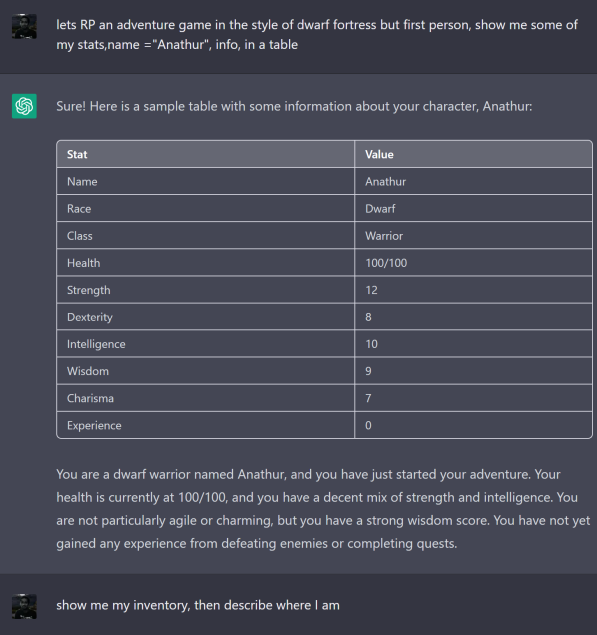The AI Dilemma: How to Prevent Cheating in the Digital Age
In response, teachers have implemented measures to prevent cheating, including the use of AI content classifiers (detectors) to detect text written with AI. However, despite these efforts, students still find ways to bypass the system, and academic integrity remains a concern.
One alternative measure that has been proposed is the use of surprise pop quizzes. While this method may catch cheaters off-guard and assess their actual knowledge, it has its drawbacks. Pop quizzes can cause undue stress and do not accurately measure a student's true understanding of the material. Additionally, some students may still find ways to cheat during the quiz, rendering it ineffective in preventing academic dishonesty.
The purpose of education is not just to earn grades but to learn and acquire knowledge. Unfortunately, many students see education as a means to an end, focusing solely on grades and not on the learning experience. This mentality can lead to cheating and a disregard for academic integrity.
Furthermore, the issue of cheating is compounded by the fact that many students do not appreciate the privilege of education. In the United States, public education is funded by taxpayers. Yet, some students see it as an entitlement and a way to "get ahead" without putting in the necessary effort. This attitude is unacceptable and disrespectful to those who pay for their education.
The problem with cheating goes beyond just obtaining a good grade. It undermines the value of education and the effort of honest students. If a student who cheats earns a higher grade than a student who worked hard and studied, it is an injustice. This is especially frustrating for those who paid for their education and put in the extra effort to learn.
In conclusion, the use of AI to cheat in education is a growing concern. While the implementation of surprise pop quizzes may seem like a solution, it is not an effective one. Instead, there needs to be a cultural shift in how students view education. Students need to see education as a privilege, not a right, and focus on learning rather than just grades. By doing so, we can ensure that academic integrity is preserved, and students receive the education they deserve.
-Article written with help from OpenAI ChatGPT
Open a eye and face the facts,
Academic frauds are hard to track.
Cheating students, using AI,
Technology makes it easy to lie.
Pop quizzes and AI-detectors,
Efforts made to be protectors.
But still, dishonesty remains,
Undermining the value of learning gains.
Learning versus getting grades,
The former seems to fade.
Education, a privilege for all,
Some students take it for granted, feeling tall.
It's time to change the mindset,
Emphasize learning, not just the set.
Integrity, a value to hold dear,
A culture of honesty, let's all revere.
Academic frauds, a growing trend,
A challenge that we must contend.
Let's work together, and do what's right,
Preserve the value of education's light.



Comments
Post a Comment